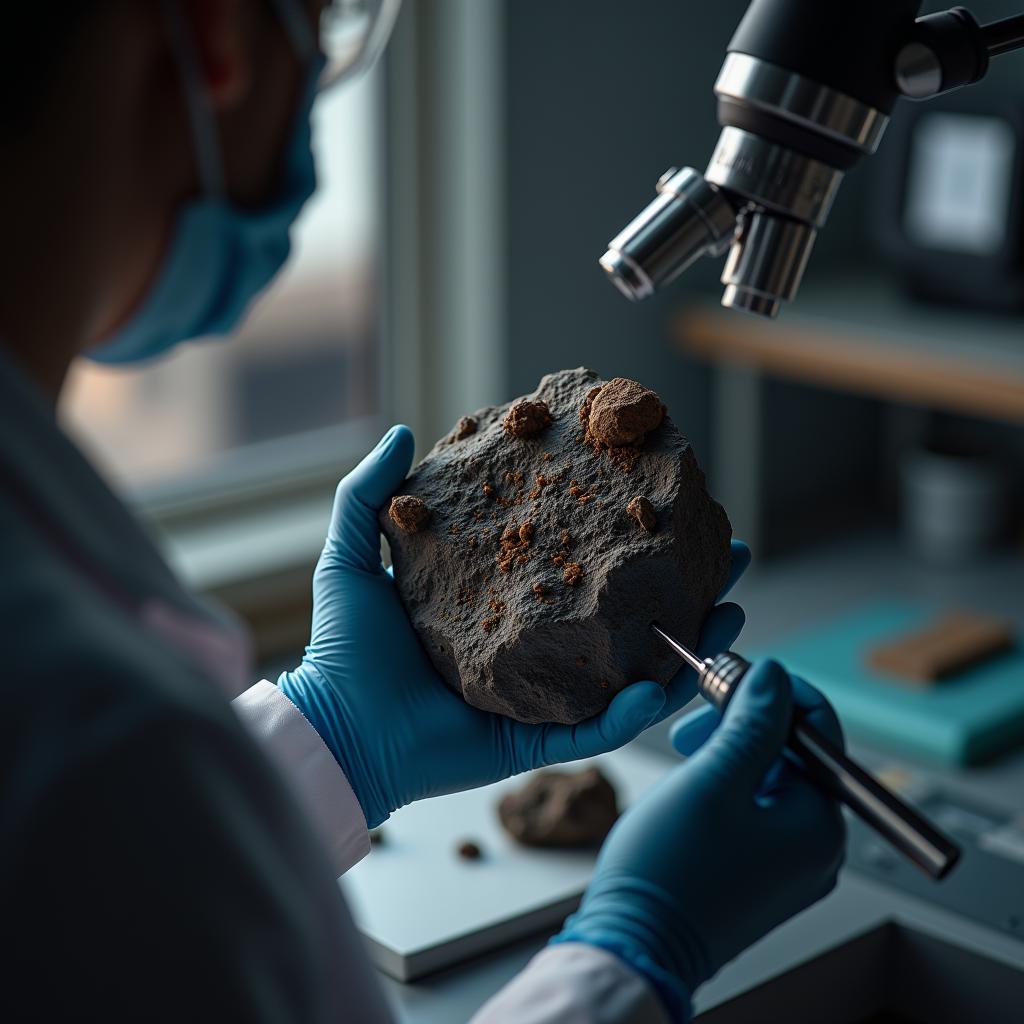
In a groundbreaking discovery, scientists have found organic compounds and minerals crucial to life in samples collected from the asteroid Bennu. These findings suggest that asteroids like Bennu may have delivered the ingredients necessary for life to Earth billions of years ago.
The samples, gathered by NASA’s OSIRIS-REx mission in 2020, reveal a treasure trove of chemical clues. Researchers identified amino acids—key components of proteins—along with elements found in DNA and RNA. This asteroid, a carbon-rich “rubble pile,” appears to have once been part of a larger parent body, where water and other conditions allowed complex molecules to form.
What makes these findings even more exciting is that the samples are pristine, untouched by Earth’s environment. This means the organic materials are truly extraterrestrial, offering a clearer picture of how life’s building blocks might have originated in space.
Alongside the organic compounds, scientists uncovered salts and minerals essential for life, some of which had never been seen in asteroid samples before. These discoveries hint at the presence of ancient water on Bennu’s parent asteroid, where brines may have created a chemical “soup” that set the stage for life to emerge.
While Bennu itself didn’t host life, the presence of these materials suggests that asteroids like it could have played a role in kickstarting life on Earth—and possibly elsewhere in the solar system. This raises fascinating questions about why life took hold on our planet and not on others.
As researchers continue to analyze the samples, they hope to uncover more about the early chemistry of our solar system and the origins of life. Missions to other asteroids and icy moons may hold the key to solving these cosmic mysteries. Here’s to unlocking more secrets of the universe, one space rock at a time!
